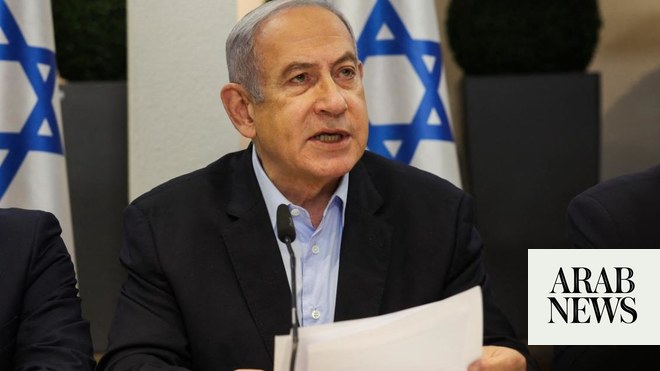
Mounting rounds of unannounced talks in Berlin between politicians and leaders of Syria’s ethnic, religious and sectarian components yielded an 11-item document encompassing Syrias Unity and Individual Accountability, reflecting the consensus of the central bloc in Syrian society, with the hope that it would be a "social contract” for constitutional supremacy of Syrias future away from the regime and the opposition arguments.
Talks were attended by Alawite clergymen, tribal leaders, and Christian, Druze and Kurdish leaders. Preliminary meetings took place in Beirut and Turkey before moving to Berlin organized by an independent German institution, which planned the process carefully, leading to the signature of an official and binding document on 21 November 2017.
Clerics and figures from the Alawite sect participated regularly in the talks, coming from Homs, Safita and the Syrian coast.
“There was a close revision on everyones rank. Personalities who participated in the talks have a striking influence and social legitimacy along the Syrian coast,” one of the organizers told Asharq Al-Awsat.
However, the planner refused to reveal names of partakers for security reasons relating to participants, especially clerics, social and historical members.
Organizers are planning to leak contents as the dates for the Syrian Sochi talks and the peace negotiations in Vienna closes in.
The Russian-sponsored Sochi talks are scheduled for January 29 and 30, while the Vienna negotiations are booked for the 25th and 26th.
Russia hopes to broker peace between the Syrian regime and its opposition while appeasing major stakeholders.
The document, which Asharq al-Awsat obtained, contains 11 articles under the title: "Code of Conduct for a Joint Syrian Life".
According to the text, the code of conduct includes the unification of Syrian lands, where there is neither conquerer nor defeated, and everyone is held accountable.
Article five suggests upholding accountability, however away from retribution-- accountability for violations is fundamental in building a state away from retaliation, marginalization and exclusion.
Nevertheless, accountability has to be subjective so that the individual does not bare the fault of the group, and vice versa.
Article six recognizes the right of every Syrian to compensate for the loss of property and to recover what has been dispossessed in the long span of the over six-year war.
It also stresses the right of every uprooted Syrian to return to his/her birthplace or wherever he or she resided prior to the outbreak of March 2011 civil war.
On a humanitarian scope, the document mandates a follow-up on humanitarian conditions of detainees, prisoners, missing persons and families of victims. As well as a check-up on those who sustained physical injury or suffer from disability.
Above all, Article six recognizes that "the Syrian social fabric is by nature varied religiously, culturally, tribally, politically, socially and sect-wise”.
Article 9 states that the “Syrian society shall not be politicized on a national, religious or doctrinal basis whilst upholding the right of the individual to belong to a race, religion, sect or tribe.”
Overall, the document backs a “collective Syrian heritage” and promotes “equality among Syrians and protecting individual freedoms.”











